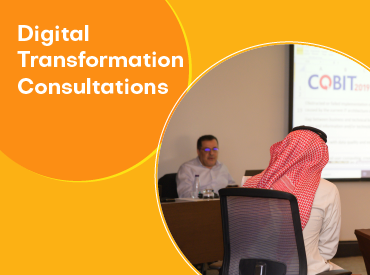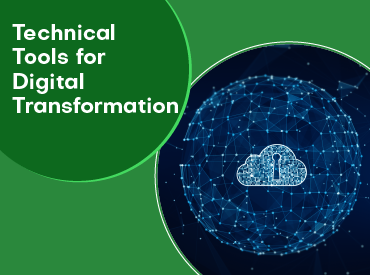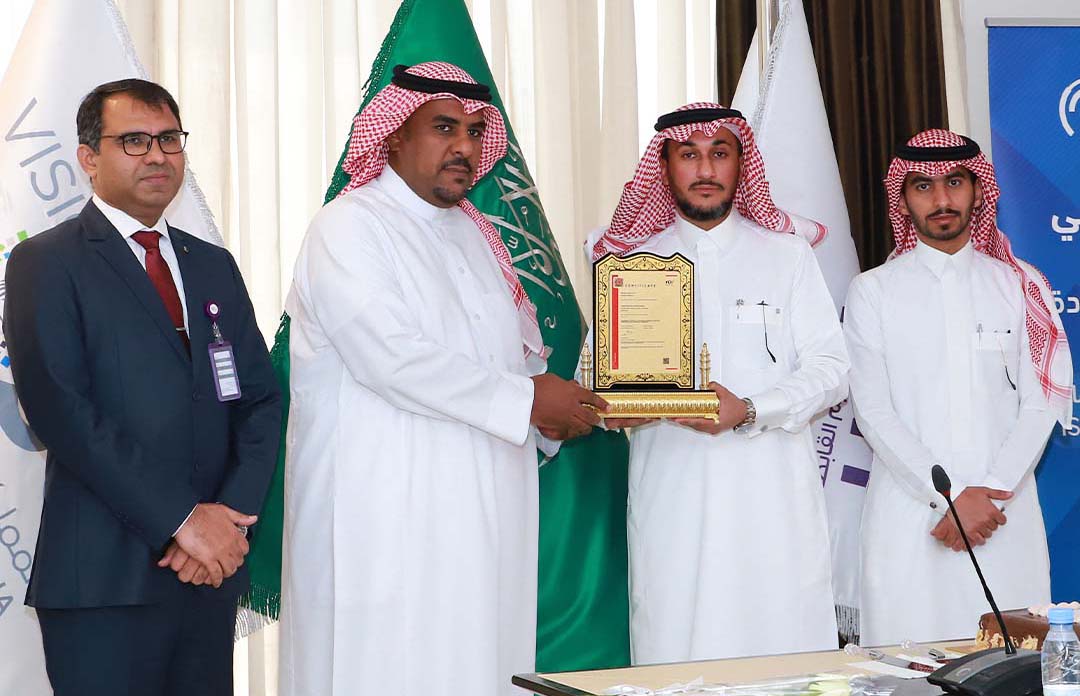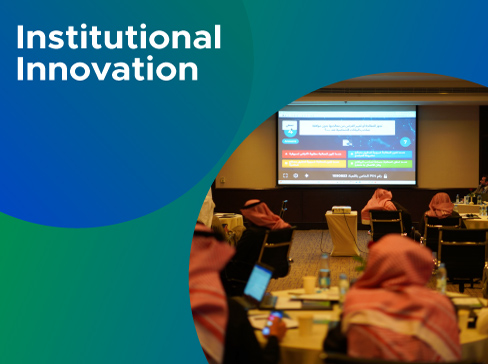Blog Body

Our world today is witnessing a massive technological revolution led by artificial intelligence (AI), which has become an integral part of our daily lives. Consequently, there is a growing interest in learning this vital field, which may seem complex and daunting at first glance. However, entering the world of AI is not as difficult as some might imagine, especially with the availability of numerous online learning resources.

Step One: Building a Solid Foundation
Before delving into the details of AI, it is essential to build a strong foundation of knowledge in some key areas, which serve as the tools that will help you understand this world. These areas include:
- Mathematics and Statistics: Understanding the fundamentals of algebra, calculus, statistics, and probability is crucial for comprehending the algorithms and mathematical models on which AI is based.
- Computer Science: Knowledge of computer science fundamentals, algorithms, and data structures enables you to handle, organize, and process data efficiently.
- Programming: Mastering at least one programming language, such as Python, which is the most common language in the field of AI, enables you to apply theoretical concepts and build models.
- Databases: Understanding how to manage and interact with databases using SQL helps you store, retrieve, and analyze data.
Don’t worry if these requirements seem overwhelming; it’s like building a house – a solid foundation ensures a strong structure. As you begin learning one of these areas, you will discover the close interconnections between them, and you will find yourself gaining a deeper and faster understanding of the other areas.

Step Two: Diving Deep into Artificial Intelligence
After building the foundation, the more in-depth stage begins, where you will learn about the core concepts of AI, which include:
- Data Science: Focuses on collecting, analyzing, organizing data, and extracting patterns and information from it, and it is a cornerstone in AI applications.
- Machine Learning: Aims to develop systems capable of learning from data without the need for explicit programming, and it includes different types such as supervised learning, unsupervised learning, and reinforcement learning.
- Deep Learning: A branch of machine learning that relies on artificial neural networks with multiple layers and is used in complex applications such as image recognition and natural language processing.
These concepts are intertwined and complementary; data science provides the data needed for machine learning, which in turn enables the building of deep learning models.

Step Three: Continuous Practical Application
It is not enough to be satisfied with theoretical knowledge; practical application is the key to mastery. It is advisable to start building small projects based on the AI concepts you have learned and continuously apply what you have learned. These projects will help you:
- Solidify Theoretical Concepts: Applying concepts in practice helps you understand them more deeply and fix them in your mind.
- Gain Practical Experience: Building projects gives you practical experience in handling data, algorithms, and the tools used in AI.
- Build a Strong Portfolio: The projects you complete serve as evidence of your skills and abilities and help you secure job opportunities in this field.
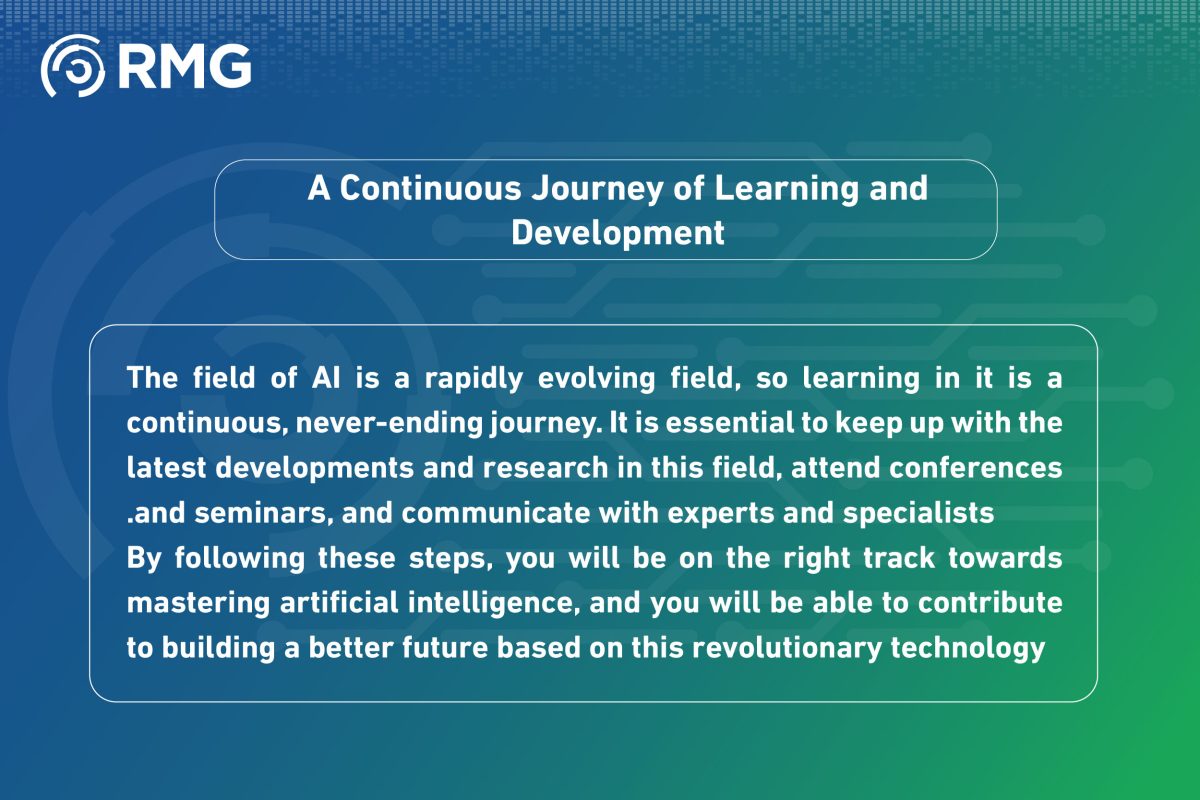
A Continuous Journey of Learning and Development
The field of AI is a rapidly evolving field, so learning in it is a continuous, never-ending journey. It is essential to keep up with the latest developments and research in this field, attend conferences and seminars, and communicate with experts and specialists.
By following these steps, you will be on the right track towards mastering artificial intelligence, and you will be able to contribute to building a better future based on this revolutionary technology.
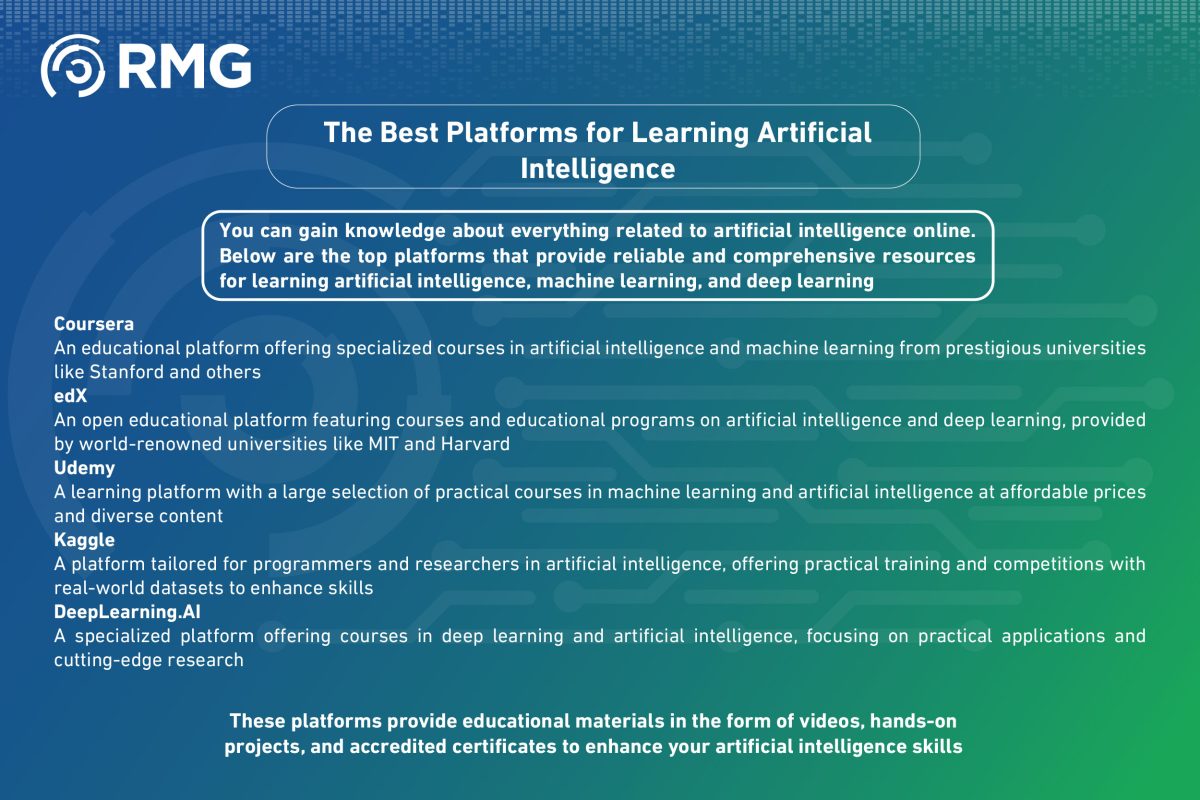
The Best Platforms for Learning Artificial Intelligence
You can gain knowledge about everything related to artificial intelligence online. Below are the top platforms that provide reliable and comprehensive resources for learning artificial intelligence, machine learning, and deep learning:
- Coursera
An educational platform offering specialized courses in artificial intelligence and machine learning from prestigious universities like Stanford and others.
https://www.coursera.org - edX
An open educational platform featuring courses and educational programs on artificial intelligence and deep learning, provided by world-renowned universities like MIT and Harvard.
https://www.edx.org - Udemy
A learning platform with a large selection of practical courses in machine learning and artificial intelligence at affordable prices and diverse content.
https://www.udemy.com - Kaggle
A platform tailored for programmers and researchers in artificial intelligence, offering practical training and competitions with real-world datasets to enhance skills.
https://www.kaggle.com - AI
A specialized platform offering courses in deep learning and artificial intelligence, focusing on practical applications and cutting-edge research.
https://www.deeplearning.ai
These platforms provide educational materials in the form of videos, hands-on projects, and accredited certificates to enhance your artificial intelligence skills.



